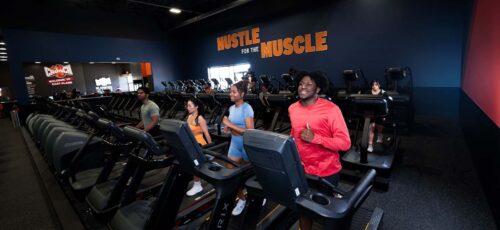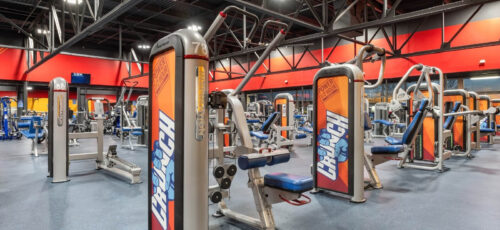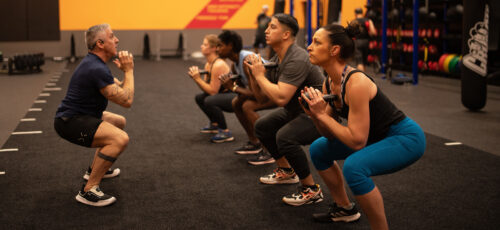
Suffering from an injury can be a setback, but it doesn’t have to derail your fitness journey entirely. In fact, with the proper guidance and support, a personal trainer can play a crucial role in your rehabilitation process. Let’s dive into the role of personal training in injury rehabilitation and how it can help you get back on track to optimal health and fitness.
Personal Trainer’s Role in Rehabilitation
Personal training isn’t just about lifting weights or running on a treadmill. It’s a holistic fitness approach that considers your needs, goals, and limitations. Injury rehabilitation can be a tiring journey. Personal trainers are uniquely equipped to provide tailored guidance and support to help you recover safely and effectively.
One of the main benefits of working with a personal trainer during injury recovery is the personalized attention and guidance you receive.
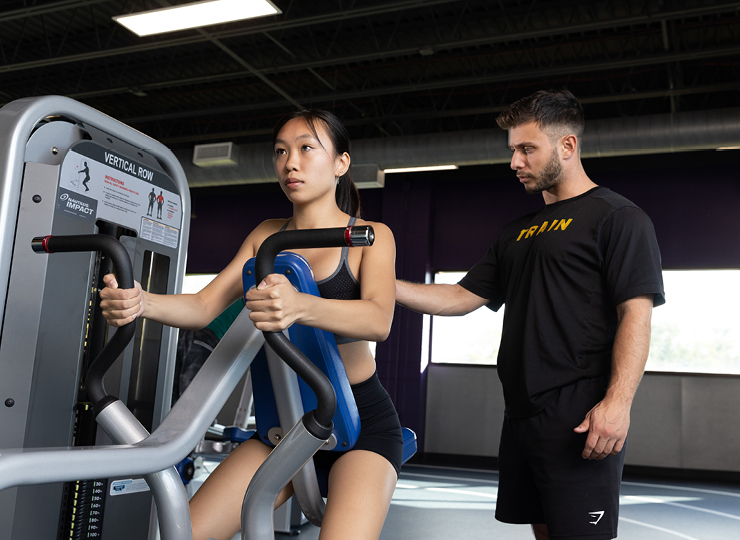
Unlike generic rehabilitation programs, trainers take the time to understand your specific injury, medical history, and fitness goals, allowing them to create a customized plan that addresses your unique needs. Whether you’re recovering from a muscle strain, joint injury, or even surgical procedure, your trainer should design exercises that enhance movement, build strength, and improve joint range, all while ensuring proper form and minimizing the risk of re-injury. Interestingly, CrunchONE Kickoff can be of assistance here. Our services include a full physical evaluation in which it evaluates your risks and what kind of workouts you can and can’t do. Always keeping in mind your safety first.
They possess extensive anatomy, physiology, and exercise science knowledge, allowing them to identify and correct movement patterns that may contribute to injury recovery. By teaching you proper form and technique, trainers help you perform exercises safely and effectively, maximizing the benefits of each workout session.
You may consult with your physician to obtain clearance for exercise and incorporate any specific recommendations or precautions into your training program. In cases where clients have pre-existing medical conditions or physical limitations, trainers modify exercises accordingly to accommodate individual needs and promote optimal healing.
The first step in injury rehabilitation is to assess and understand the nature of the injury. Personal trainers are trained to conduct thorough assessments, including mobility tests, strength evaluations, and postural analysis, to identify areas of weakness and imbalance. This information helps them develop a comprehensive rehabilitation plan that targets the root cause of the injury and addresses any underlying issues.
Once the injury has been assessed, personal trainers work closely with you to design a customized exercise program that promotes healing and recovery. This may include strength training, flexibility exercises, cardiovascular conditioning, and functional movements tailored to your specific injury and rehabilitation goals. Personal trainers also provide ongoing support and guidance throughout the rehabilitation process, adjusting the program as needed to ensure continued progress.
Benefits of Personal Training in Injury Recovery
One of the key benefits of working with a personal trainer during injury recovery is improving range of motion and functionality. Through targeted exercises and stretches, personal trainers help restore mobility and flexibility to the injured area, allowing you to move more freely and perform daily activities with greater ease.
Personal trainers are trained in first aid and emergency procedures for everyday activities, providing an added layer of safety and reassurance during workouts for any fitness level. They are prepared to respond quickly and effectively in the event of an injury or medical emergency, minimizing the risk of complications and ensuring prompt access to appropriate care.
In addition to promoting healing, personal trainers focus on building strength and stability to prevent future injuries. By targeting weak muscles and improving overall body mechanics, personal trainers help reduce the risk of re-injury and enhance your body’s resilience to physical stressors. This not only accelerates the recovery process but also sets the foundation for long-term health and injury prevention.
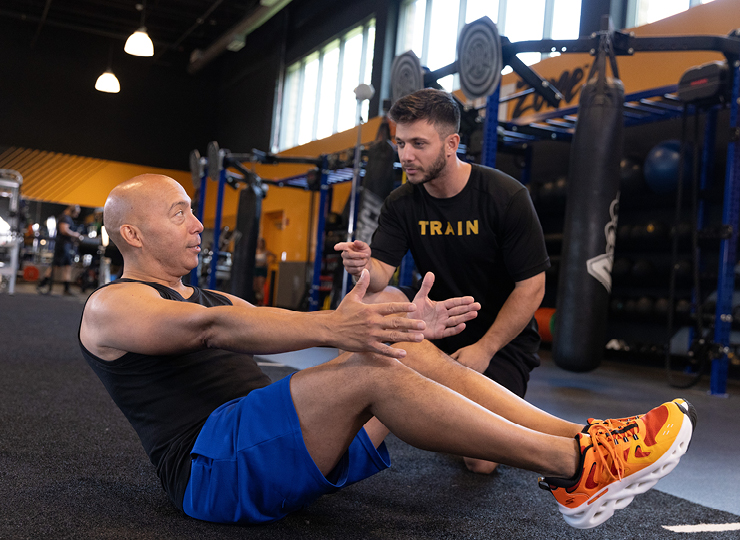
Collaborating with Healthcare Professionals
While personal trainers play a crucial role in injury rehabilitation, they must work with healthcare professionals to ensure comprehensive care. Personal trainers collaborate with physical therapists, chiropractors, and other medical professionals to develop integrated treatment plans that address both the physical and underlying causes of the injury. This collaborative approach maximizes the effectiveness of the rehabilitation program and promotes long-term recovery.
Safety is paramount in injury rehabilitation, and personal trainers are trained to prioritize safe and effective exercise practices. They closely monitor your progress, provide real-time feedback on technique and form, and adjust the program as needed to prevent exacerbating the physical injury. Additionally, certified personal trainers educate you on proper body mechanics and injury prevention strategies to minimize the risk of future injuries.
Moreover, personal trainers understand the body’s natural healing process and incorporate focused exercises that support and accelerate recovery. By targeting specific muscle groups, improving joint mobility, and enhancing overall functional movement patterns, trainers help facilitate the recovery process and restore optimal function to the injured area.
In collaboration with physical therapists, personal trainers complement the therapeutic interventions provided by healthcare professionals, ensuring a round approach to injury rehabilitation. A good approach from your trainer to your physical well-being is regular communication with your healthcare team to track progress, modify the rehabilitation program as necessary, and address any emerging concerns or challenges encountered during recovery.
While personal trainers play a vital role in rehabilitation, their collaboration with healthcare professionals is essential for optimizing outcomes. By combining their expertise in exercise prescription, other injury prevention, and rehabilitation with the specialized knowledge of physical therapists and other medical professionals, trainers can provide comprehensive care that supports your recovery journey from start to finish.
So, Is it Safe Then?
In conclusion, working with a personal trainer during injury rehabilitation offers numerous benefits, including personalized attention, customized exercise programs, improved range of motion, and prevention. By collaborating with healthcare professionals and prioritizing safe and effective rehabilitation practices, personal trainers help you navigate the road to recovery with confidence and resilience.
If you’re recovering and seeking guidance and support, don’t hesitate to explore personal training options. Whether you’re rehabilitating a minor sprain or recovering from major surgery, a personal trainer can provide the expertise, motivation, and encouragement you need to overcome obstacles and achieve your rehabilitation goals. With the proper guidance and support, you can turn your setback into a comeback and emerge more substantial and resilient than ever before.

Join Us!
Crunch promotes a culture of positivity, inclusivity, and fun with no judgments by providing an environment for all individuals regardless of their health and fitness goals. Find a Crunch gym near you to try our free trial membership, or join Crunch now. We’re here for you – at the gym or at home. Access the best live & on-demand workouts anytime, anywhere with Crunch+. Ready to get sweaty? Try hundreds of workouts for free! Start your free trial now!















